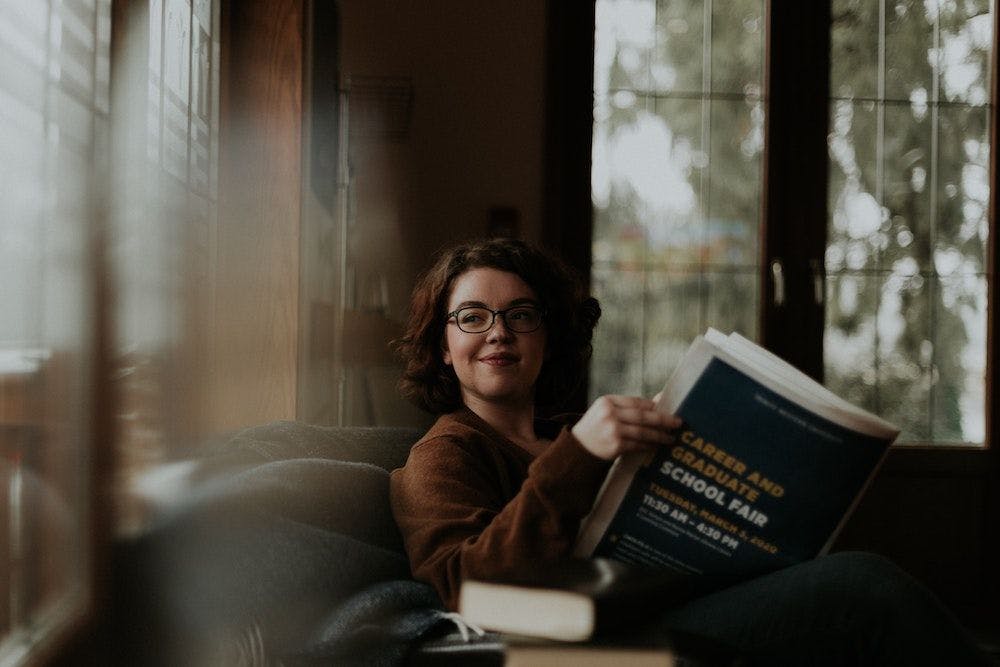
Trying to find a counsellor can feel like you’re trapped in a maze. But don’t worry, here are a few signposts that will let you know you’re on the right track
A recent British Association for Counselling and Psychotherapy (BACP) survey found that one in five people in the UK have consulted a counsellor. Choosing a therapist is never an easy decision. And, if you have never tried counselling before, the process of finding a professional can be extremely daunting.
Yet as with most things, by doing some homework you can recognise a good therapist and make sure they’re the right fit for you.
1. Trained and registered
Great therapists register with a professional body like the BACP or the UK Council for Psychotherapy (UKCP). The BACP found that 84% of surveyed people would be more likely to consider counselling if they knew that their therapist was fully trained and registered. When you chose a counsellor who meets professional standards, you have confidence that your therapist has studied, meets recognised standards, and participates in on-going professional development.
2. Insight to help your situation
A great counsellor will listen carefully and show that they can empathise with your position. They provide an environment that’s safe to explore all that’s happening, and is free of judgement and preconditions.
However, they’ll also be prepared to challenge you, pinpoint obstacles and identify behaviours that hold you back. In this strong, therapeutic relationship, your counsellor empowers you to make lasting change.
Good therapists recognise that therapy is a process and that in exploring our emotional state, we often uncover the unexpected
3. Builds a good working relationship
Great counsellors develop a rapport with clients. Through listening and accepting you, they work to establish goals for the therapy. You should be in no doubt that the therapist wants you to achieve your aims. This relationship is key and a good predictor of the successful outcome of therapy.
A great therapist will develop that chemistry over a few sessions. When it’s not there, talk to your counsellor about a change. Do you have that connection with your therapist that makes you feel comfortable?
4. Working to get you out of therapy
Good counselling is about making clients independent of therapy, not dependant on it. A great therapist will offer you genuine encouragement that you can change. They develop your confidence and independence, noticing changes and successes. They help you build upon the strengths and resources that you have. By helping you become independent, a great therapist is making sure that you have confidence in yourself and the future. Do you feel that your counsellor focuses on helping you to cope independently, to become your own therapist?

5. Professionalism
A good therapist maintains a professional relationship with you at all times. They are clear about what you can expect. Although their demeanour will be friendly, effective therapists are clear about their limitations. They are accepting of you and the changes you want to make, but they don’t present therapy as an answer in itself.
Therapy requires process and change. They don’t give advice, but are your companion on your journey, empowering you to change and helping you grasp the best in yourself.
6. Interested in your therapy
Good therapists do not have a one-size-fits-all approach. They concentrate on your situation and your experience. They have a willingness to listen to what’s going on. They establish a professional relationship and are interested in your goals for therapy.
They focus on your experiences, assess your situation, and bring a range of skills to therapy, to offer insight and acceptance, allowing you to move forward. They encourage you to make meaningful, practical alterations that start to change things for the better. Does your therapist tailor your treatment to your needs?
A great therapist will develop that chemistry over a few sessions. When it’s not there, talk to your counsellor about a change
7. Pays attention and keeps it relevant
Good therapists recognise that therapy is a process and that in exploring our emotional state, we often uncover the unexpected.
Our personal, work and life environments can throw up changes that affect us. Great counsellors will check in to make sure that therapy stays relevant to you. Ethical frameworks, such as the BACP’s, recommend we do this on a regular basis.
Do you feel that your therapist is asking enough questions to be familiar with your problems? A great counsellor will help you to make great changes in your life. Take your time to choose; call a few therapists and ask questions. Great therapists will be happy to help you find the right counsellor for you.
Graeme Orr is an MBACP(Accred) Counsellor and Counselling Directory member.
If you are worried about your mental health, you may benefit from speaking to a professional. Every counsellor listed on Counselling Directory is registered with a professional body. Enter your location below to find a counsellor near you.

